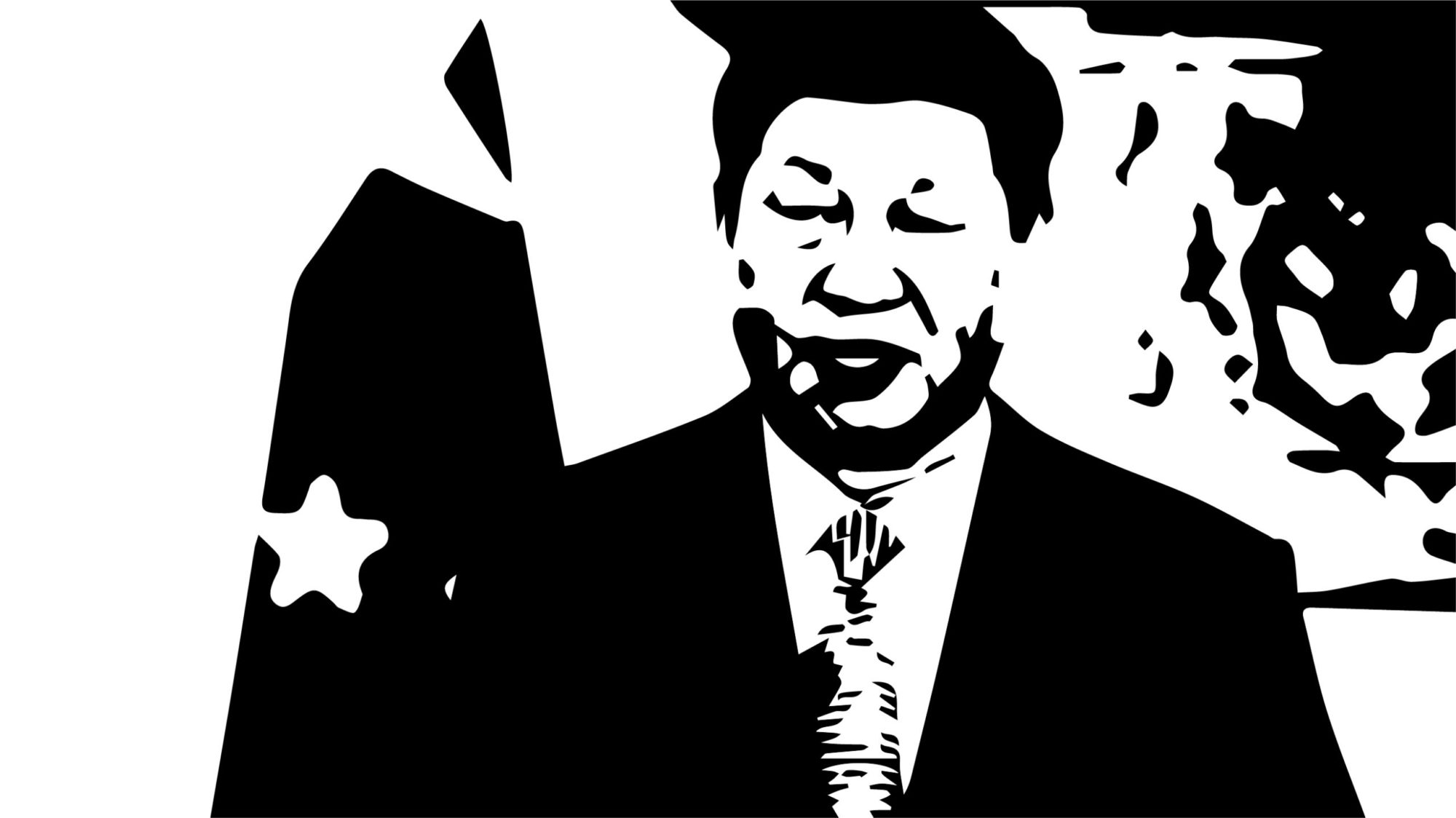This analysis was featured in Critical State, a weekly newsletter from Inkstick Media and The World. Subscribe here.
Last week, Deep Dive looked into how policies to restrict civil society spread within regions, as countries see what their neighbors can get away with and follow suit. Of course, authoritarian policies also spread beyond regions. Some forms of authoritarian diffusion have a global reach.
This week, Deep Dive highlights new research that delves into one vector in particular: the International Department of the Communist Party of China.
The International Department (ID-CPC) is essentially the Chinese Communist Party’s diplomatic wing. Separate from the Chinese state, it represents China’s ruling party abroad, forming relationships with other political actors and sharing the Party’s approach to development and governance. Christine Hackensesch and Julia Bader have a new article in International Studies Quarterly that tracks how the ID-CPC functions, and the effects it can have on the countries with whom it works.
Chinese President Xi Jinping took over the ID-CPC in 2012, and, using the ID-CPC’s own documentation of the meetings it holds around the world, the researchers demonstrated that the ID-CPC has been much more active since then. Hackensesch and Bader measured the ID-CPC’s activities on two scales: which organizations it interacts with, and what kind of information it shares.
“Particularly since 2014, the CPC has become more interested in sharing experiences about China’s authoritarian political system.”
The ID-CPC interacts primarily with other political parties around the world, and at a large scale: Between 2002 and 2017, it met with 462 parties from 161 countries. For the most part, though, the ID-CPC acts like an official Chinese state diplomat would, meeting primarily with the party in power in a given country. In democracies, where opposition parties have a reasonable chance of being in power in the near future, the ID-CPC met with opposition parties roughly 30% less than it met with ruling parties. In authoritarian states, however, where opposition parties are unlikely to play a major role in governance, ID-CPC met with the ruling party over seven times more often than with opposition parties.
More interestingly, those meetings serve as a way for the Chinese Communist Party to explain to other parties around the world how it goes about ruling China. As Hackensesch and Bader write, “particularly since 2014, the CPC has become more interested in sharing experiences about China’s authoritarian political system.” Before 2014, the Chinese government generally and the ID-CPC, in particular, was interested in importing lessons on development and governance from the rest of the world to apply in China.
Since then, however, the ID-CPC has almost exclusively framed its work with parties around the world as a way to educate others about the Party’s approach, and the parties they meet with have largely welcomed those lessons. The African National Congress (ANC), for example, which has led South Africa since the rise of democracy there in 1994, said in 2015 that the party “sets great store by the friendly cooperation with the CPC and is willing to learn from the CPC’s 65 years of governance in China.” By 2018, the ANC was planning to send party members to China for communication training, which ANC Secretary-General Ace Magashule hoped would achieve “in the ANC a greater sense of loyalty from amongst our own cadreship.”
As the ID-CPC has zeroed in on training foreign parties in its own image as one of its primary goals, the tools it has at its disposal have increased. The CPC is now actively involved in training political parties around the world, including by building the Nyerere School of Ideology in Tanzania, to be a home for training members of ruling parties in six southern African countries. Those tools allow the CPC to teach the blocking and tackling of its approach to governance, for good and ill, to a wider audience than ever before.





















